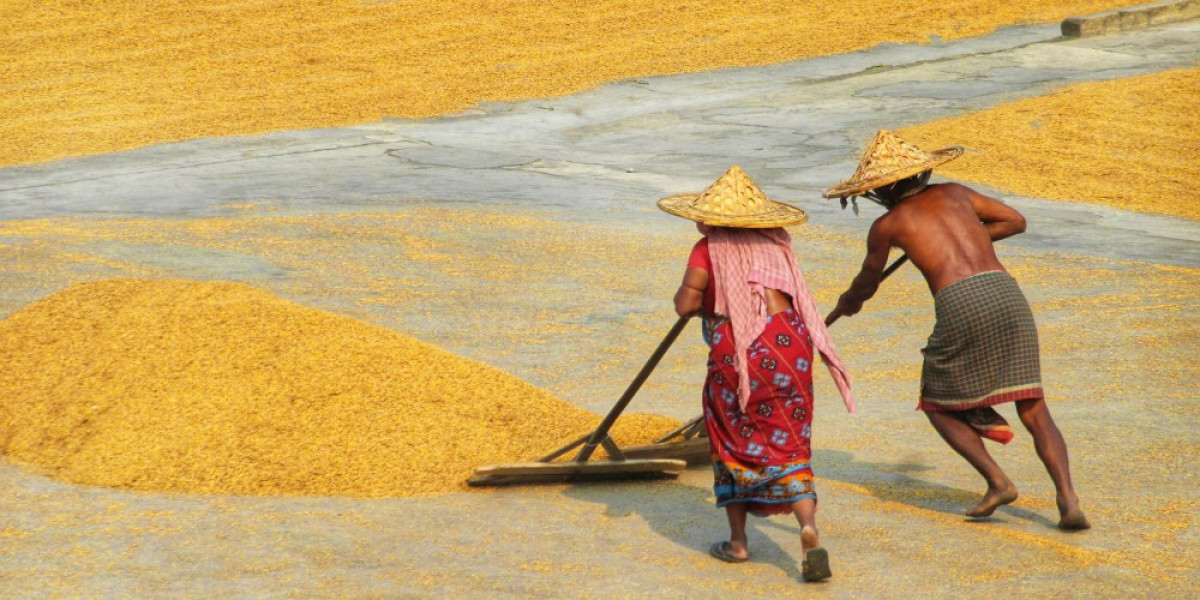
On September 14, 2022, in response to growing concerns about the use of forced labour in global supply chains, the EU Commission proposed a new regulation to ban products made with forced labour from entering or exiting the EU market.
After undergoing several changes, the regulation received final approval from the European Union Parliament on April 23, 2024. Once formally approved by the Council and published on the EU official journal of the European Union, the Regulation will start applying within 3 years.
All sectors, products, and companies are covered under this new regulation, regardless of where the products are manufactured or intended for export. This means that any company that wishes to do business in the EU must make sure that their supply chain is free from forced labour.
Execution in two phases
Under this Regulation, the “burden” to investigate if products are complying falls on the authorities. Either National Competent Authorities (NCAs) appointed by Member States or the European Commission will be responsible for implementing the regulation and carrying out investigations, executing the process in two phases.
The first phase involves a risk-based approach to determine the likelihood that an economic operator may be in violation of the Regulation. Such assessment is based on submissions from civil society, company due diligence records, and an existing database of products and regions with known concerns regarding forced labour.
In this preliminary investigation phase, competent authorities or the European Commission can request information from the economic operators under assessment about the actions taken to identify, prevent, mitigate or end risks of forced labour in their operations and supply chains with respect to the products under assessment.
If the competent authority determines that there is a substantiated concern, they will progress to a full investigation phase – investigating products and economic operators concerned.
If evidence of forced labour is found at any point in the supply chain, companies will be prohibited from placing the product in the market, ordered to withdraw the product, or ordered to dispose of the product. If the economic operator fails to comply with the decision, the competent authority can impose penalties on the economic operator.
If investigations are impeded and evidence cannot be fully gathered, Member States will make decisions based on existing facts, with the burden of proof lying with State authorities to demonstrate forced labour involvement in the product’s supply chain.
Small and medium sized enterprises (SMEs) are not exempt from this legislation, unlike the Corporate Sustainability Due Diligence Directive. The authorities will operate under the principle of proportionality – considering the size and resources of companies and the scale of potential forced labour involvement.
Difference between the UFLPA and EU Ban on Forced Labor Regulation Proposal
The following table summarizes the difference between the Uyghur Forced Labor Prevention Act (UFLPA) and the EU Ban on Forced Labor Regulation Proposal.
| Uyghur Forced Labor Prevention Act (UFLPA) | EU Ban on Products Made with Forced Labor | |
| Prohibition | Imports only | Imports, domestic products, export |
| Product scope | No specific product scope; but cotton, tomatoes, polysilicon are a focus | No product scope; all products and their components covered |
| Geographic scope | Covers imports from high-risk origins | No specific geographic scope; covers products from any origin |
| Subject persons/ entities | Focus on goods from entities in the UFLPA Entity List | No specific entity scope |
| Enforcement priorities | High-priority sectors identified by the Act, but not limited to these | Determined by the Commission, risk-based approach |
| Competent authority | U.S. Customs and Border Protection (CBP) | National competent authorities (NCAs) appointed by each Member State or the EU Commission if the products concerned are of “Union Interest” |
| Burden of proof | On the importer for products within its scope | On the lead competent authority undertaking the investigation |
| Investigation process | Law provides a rebuttable presumption for goods suspected by CBP to be under the scope; burden on importer to prove goods are outside the scope of UFLPA | Two-stage process with a preliminary risk assessment followed by investigation if needed |
| Consequences | CBP can detain, exclude, or seize goods | Sale and export of goods can be prohibited, products withdrawn from the market |
Compliance and preparation
To comply with the EU’s ban on forced labour, brands and retailers must revisit and reinforce their due diligence and risk management strategies.
Due diligence is more than simply collecting certificates – companies need to verify that the representations by their suppliers are accurate. Detailed records of manufacturing processes must be maintained, as well as information on labour practices and the entire journey of their products from origin to market.
This can be a challenging and time-consuming task, especially for global supply chains with multiple tiers. Relying on certifications and supplier documents, which can often be manipulated or falsified, is not enough to get a clear picture of the labour and sourcing practices involved in the production of goods.
A crucial first step is to trace the supply chains to identify and evaluate high-risk origins. This means examining not only the first assembly site, but also all the different components and raw materials that go into a product.
Conducting an in-depth analysis of product lines and understanding geographic sourcing patterns can help brands and retailers identify if any of their products or suppliers fall within the scope of EU’s ban on forced labour.
Oritain is a global leader in forensic traceability of product origin. We work with some of the world’s leading brands to achieve regulatory compliance, reduce reputational risk, and meet market demand through proving the provenance of their products.
Disclaimer: The information provided in this document does not and is not intended to constitute legal advice. Instead, all information presented here is for general informational purposes only. Counsel should be consulted with respect to any particular legal situation.
